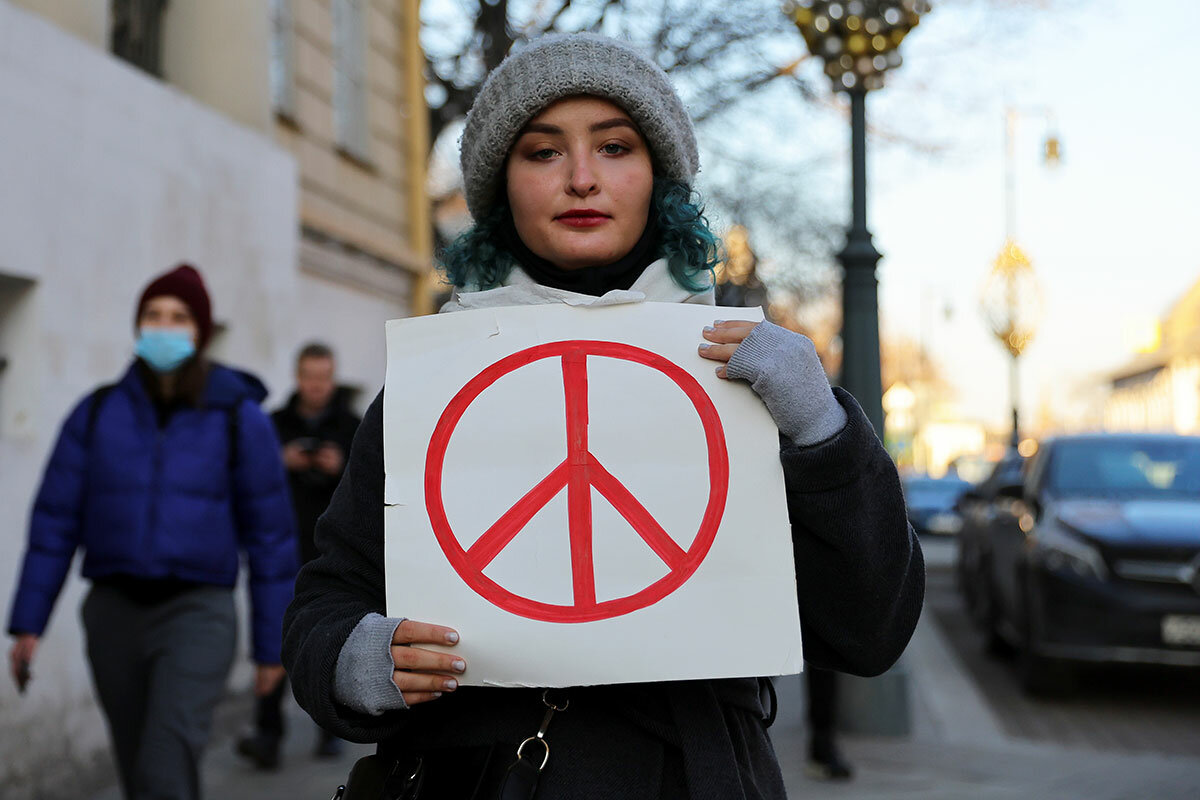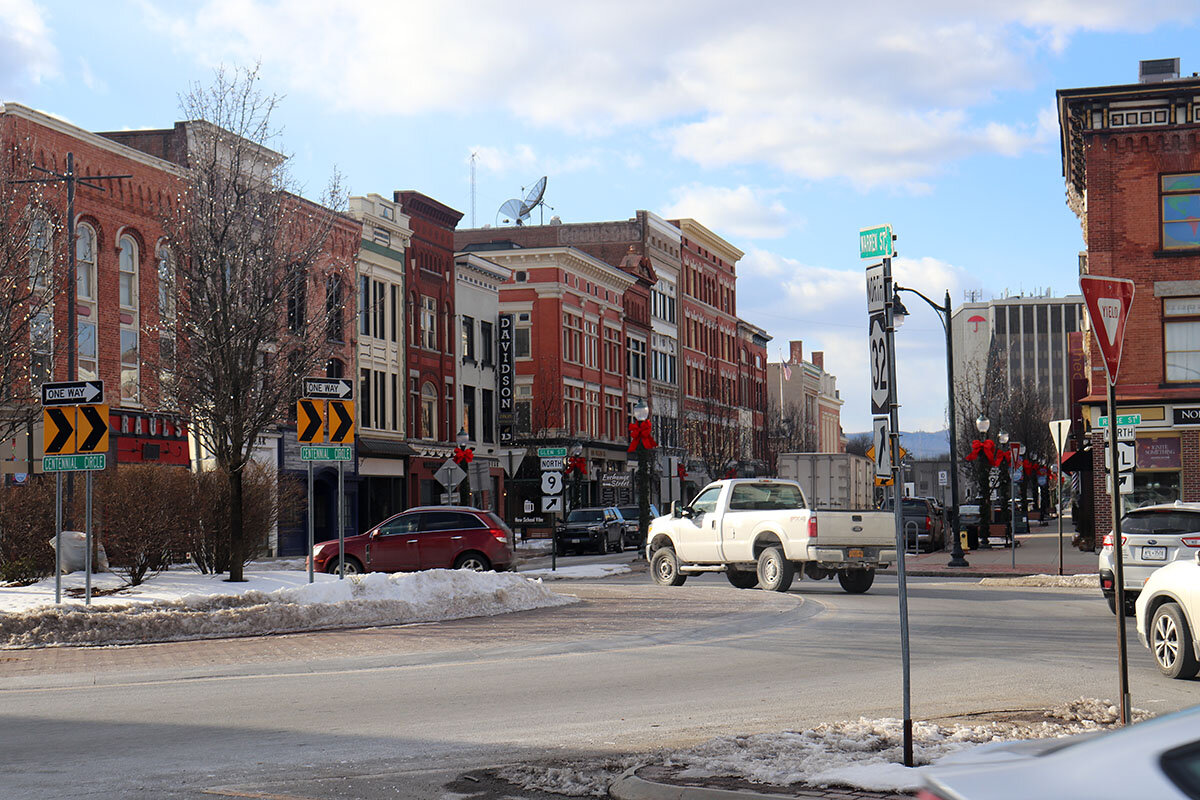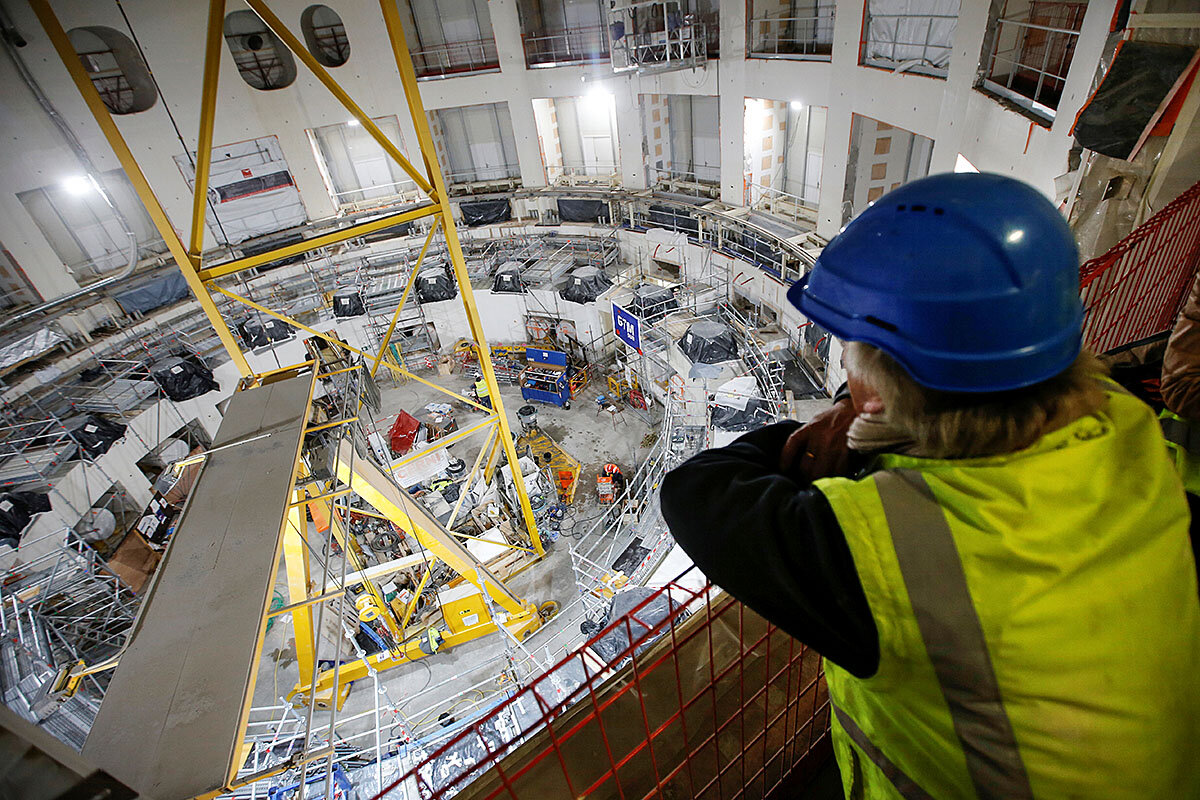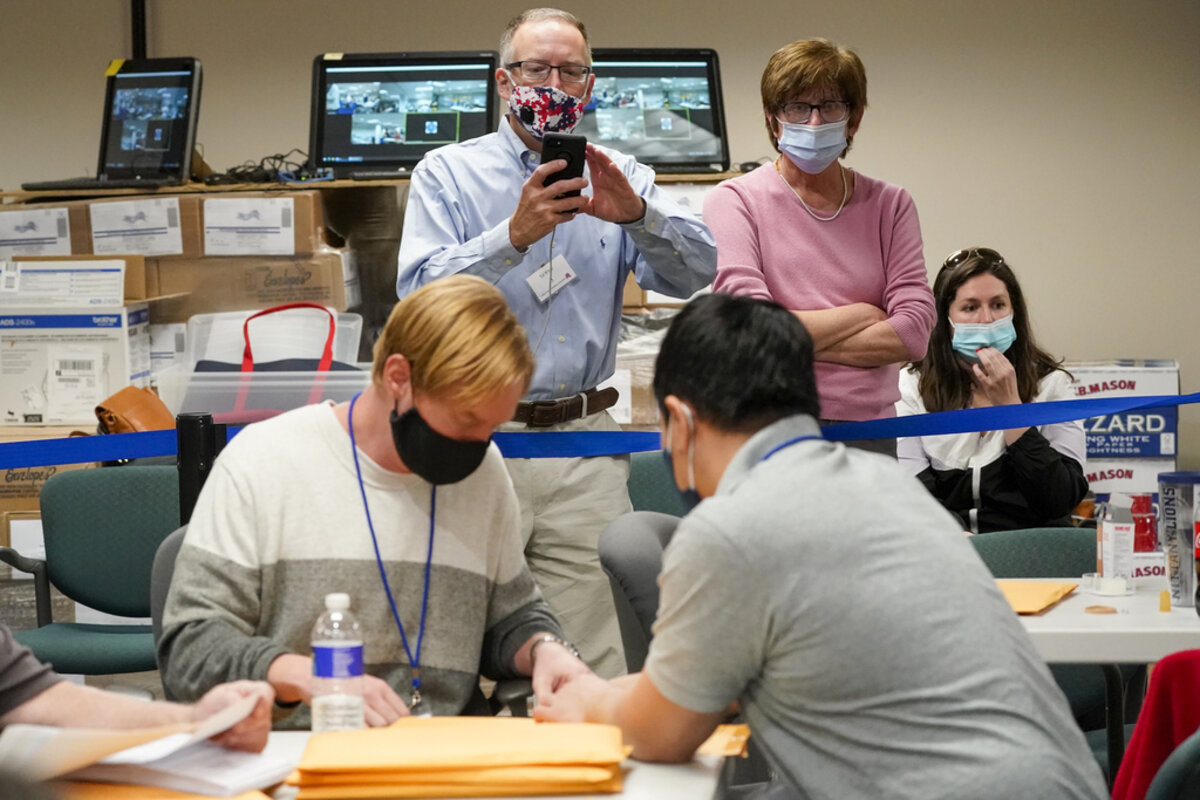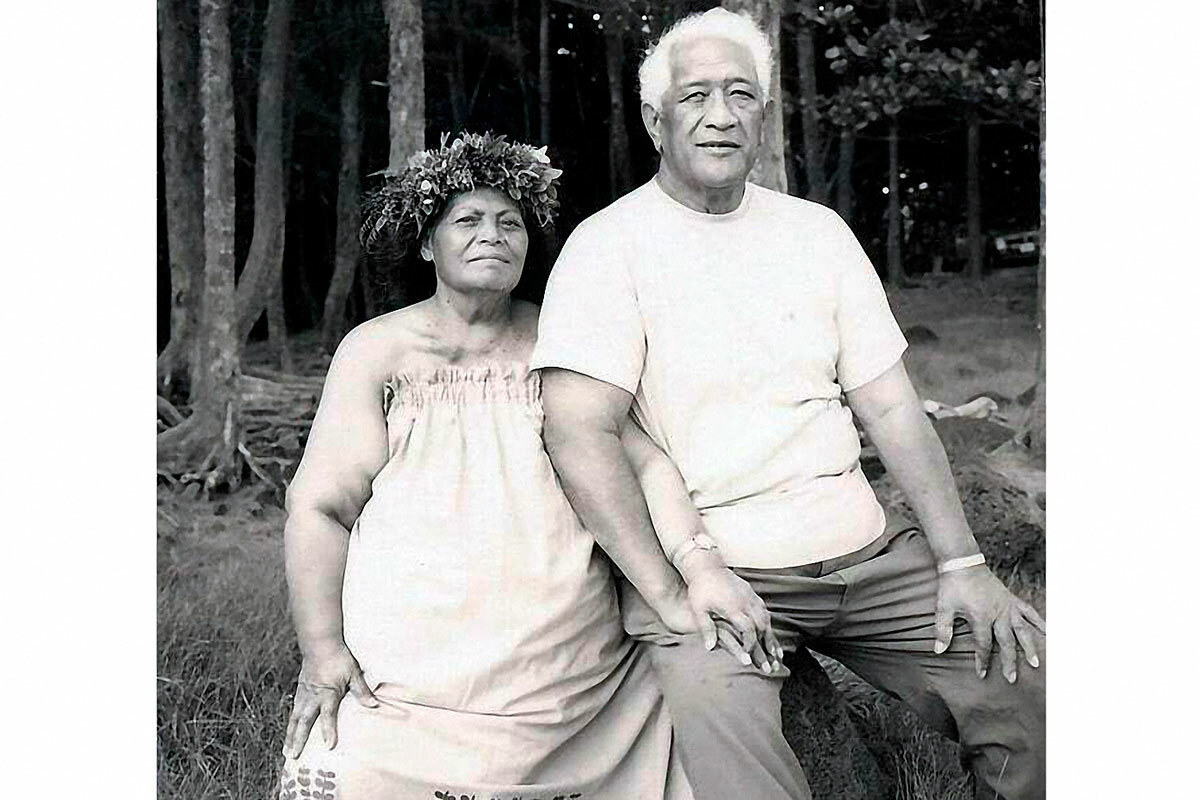War crimes investigators – mobilized in Ukraine and around the world – inspire hope for justice and possibly deterrence of further crimes even as the war in Ukraine drags on.
Monitor Daily Podcast
- Follow us:
- Apple Podcasts
- Spotify
- RSS Feed
- Download
 Mark Sappenfield
Mark Sappenfield
Four times in 40 days, Fahad Shah was close to coming home. The Monitor contributor was arrested as India has clamped down on dissent in Kashmir. But each time he made bail, he was rearrested on a new charge. Now, the government has jailed him under the designation of “preventive detention,” which can last up to two years without formal charges.
Fahad’s story is a personal one – of a principled determination to continue responsible journalism even amid a crackdown. It is also a story of Kashmir – a window into a Muslim-majority state now essentially put under martial law by the Hindu nationalist government. But it is a story for the wider world, too. On the day that Fahad was returned to jail, there was only pride in the work he and his colleagues have done through their publication, The Kashmir Walla, to give people a voice and stand for rule of law.
In a globalized world where every atrocity and threat to freedom is brought to our phones with a ping and devastating clarity, the overwhelming feeling can be impotence. Though I cannot ask him, I do not think Fahad would agree. The good we do is bound only by our conviction to do it.
Fahad’s professional lifework, The Kashmir Walla, is under tremendous strain. The website, including a donation page, can be found at thekashmirwalla.com, and the entire operation can be sustainably funded for a few thousand dollars a month.
But more deeply, the need is for the free world to awake. The post-World War II era saw an unprecedented expansion of freedom. But it was dearly bought. When divisions usurp our determination to expand freedom, when they eclipse our love for our neighbor, they replace progress with the cold calculations of personal will. Fahad’s story exhorts us all to remember that freedom never lives long in ungenerous hearts.





